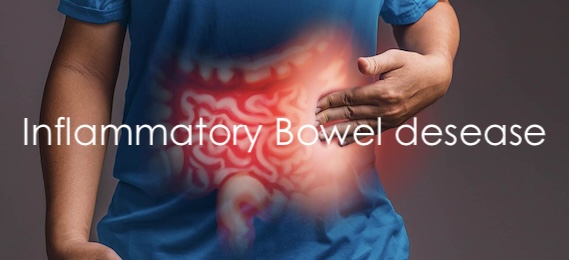Today’s post is about collagen.
The health and beauty market is full of references to collagen, whether targeting joint health, better skin or stronger bones. We recently had a question about this protein from a friend who was trying to understand all the marketing hype. So, we have done some research and as always, we are sharing what we have discovered.
To start with, what is collagen?
It is the main structural protein in the large network of proteins and other molecules that surround, support, and give structure to cells and tissues in the body. As the main component of connective tissue, it is mostly found in connective tissue such as cartilage, bones, tendons, ligaments, and skin.
There are actually 28 types of collagens found in the body, however, it is Collagen type 1 that makes up more than 90% of the body’s collagen. Vitamin C is vital for it’s manufacture, while Vitamin E improves its production.
As human beings grow older, their synthesis of collagen decreases and the tissues will become thinner, weaker and less flexible.
Does ingesting collagen help?
One common misconception is that any ingested collagen forms the building blocks for collagen in the body. Studies have shown that only certain fragments – known as bioactive collagen peptides (BCP) – stimulate the body to produce more collagen in a target organ.
Bioactive peptides are formed by breaking down native collagen into smaller molecules. These smaller molecules are quickly digested by the body and can therefore enter the bloodstream.
Interestingly, Gelatine is a protein derived from the partial break down of collagen found in animal skin, tendon, and bones. Making it a potential bioactive collagen peptide.
Will diet help?
Eating foods that are high in collagen will also encourage your body to produce more of it. It is naturally present in various animal and plant products. Some of the best sources of collagen include: bone broth, fish (especially with edible bones and skin such as salmon and sardines) chicken, eggs, berries and citrus fruits. Interestingly, these foods are also high in vitamins C & E, which are essential for its production.
This brings us to supplements
According to study, for collagen peptides (BCP) that can be easily absorbed and used by our body, the most suitable type is one in powder or liquid form. When we ingest this type via food, it reaches the bloodstream that will be used by the body in a very short time. It has a high bioavailability and is therefore the better option.
A supplement in a tablet or capsule form has lower bioavailability than the others. They take longer to break down making it more difficult for the collagen in the capsule to be digested in our stomach and to completely enter the bloodstream. Capsules also have other disadvantages. Although it may seem easy to use, it can actually be misleading. Due to the fillers and coatings, you may need to swallow 10-20 of these capsules a day to get the daily amount of collagen you need.
When it comes to adding collagen to coffee, casseroles or soups, the biggest issue may be the influence of higher temperatures on the supplement’s quality. Proteins generally start to break down when exposed to high temperatures or acidic and alkaline solutions. At this time, the protein may no longer work properly, rendering the supplement ineffective. One research found that when collagen proteins were exposed to high temperatures, their initial breakdown occurred at 150 C (302 F).
As a result, as long as the temperature of your coffee, casserole or soup is below 150 C (302 F) when you add your collagen supplement, the powder’s quality should be unaffected.
The take away from this information
Collagen supplements are designed to protect the users’ skin, hair, nails and body tissues by stimulating production. Supplementing can increase lean muscle gain, decrease recovery time, rebuild damaged joint structure, and boost cardiovascular performance
As to which product to use, this is where reading the label comes into play. The product with the most collagen peptides per serve will provide the most benefit.
We hope you have found this article interesting.
Till the next post,
Live clean n Prosper
Sources – Nutrition Insight -Journal of Pharmaceutical Technology – Wikipedia –



